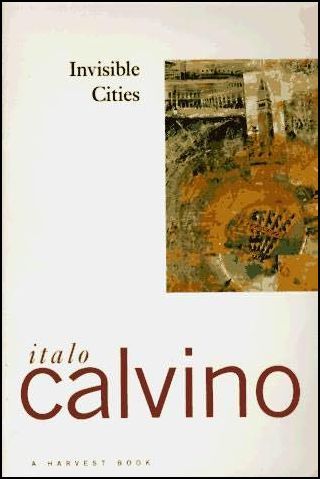Beijing, a global city with almost 20 millions of residents, is one of the most populous cities in the world. It is the heart of China's politic, culture, and military; more significantly, it serves as the nation's educational center. As the home of more than eighty universities, Beijing attracts the interests of elite teachers and students all over the country.
Unfortunately, such wonderful educational resources could never be shared by one group of the Chinese citizens----the children of the poor migrant workers in Beijing. To limit the population in Beijing, the Government enforced an amendment, which restricts migrant children from attending public schools. Richer migrant families would get around this problem by either bribing school officials or paying the overcharged price of going to private schools. In contrast, the majority of the migrant workers' children would end up going to schools that were specifically opened for them. Most of these schools are in terrible condition and could only afford to hire teachers without qualified certification.
 This summer, a couple St. Stephen's students and I had the opportunity to organize an English program for these migrant children in Beijing. Here is a reflection I've concluded at the end of our camp:
This summer, a couple St. Stephen's students and I had the opportunity to organize an English program for these migrant children in Beijing. Here is a reflection I've concluded at the end of our camp:
Our goal was to teach these kids some simple English, Math, and organize some fun activities for them in order to lighten up their summer. We thought that they would not be so keen on coming to school every morning during the summer and learn about a language that was rather strange to them. Yet, they responded with much enthusiasm and promised to tell their friends to show up as well. (272) The classroom was filled with trash, dirty wallpapers, and had the smell of rotten pickles, yet, the students were so unbelievably focused. Even though they were not very fast learners and sometimes had difficulties of understanding our objectives, they never gave up and always came back the next day with even more enthusiasm. In the end, we decided to extend our days at the school as the children had really inspired us. Yet, their condition still worried us as the principals for these kind of migrant children's school often took away the government fund, which often resulted in the closure of schools.
The classroom was filled with trash, dirty wallpapers, and had the smell of rotten pickles, yet, the students were so unbelievably focused. Even though they were not very fast learners and sometimes had difficulties of understanding our objectives, they never gave up and always came back the next day with even more enthusiasm. In the end, we decided to extend our days at the school as the children had really inspired us. Yet, their condition still worried us as the principals for these kind of migrant children's school often took away the government fund, which often resulted in the closure of schools.
Since schools specially opened for migrant workers' children only go as far to 9th grade, most students would not have the chance to go on with their education. As a result, they are forced to enter the society at an early age, and their criminal rates are far higher than those of the children from richer families. This scenario reminded me of a passage in "Maggie, a Girl of the Streets,"----- "when Jimmie was a little boy, he began to be arrested. Before he reached a great age, he had a fair record" (Crane 18). Similar to Jimmie, who had been raised in the New York tenement, migrant workers' children in China also live in slum-like households and are more vulnerable to the Urban life's evil deeds.

